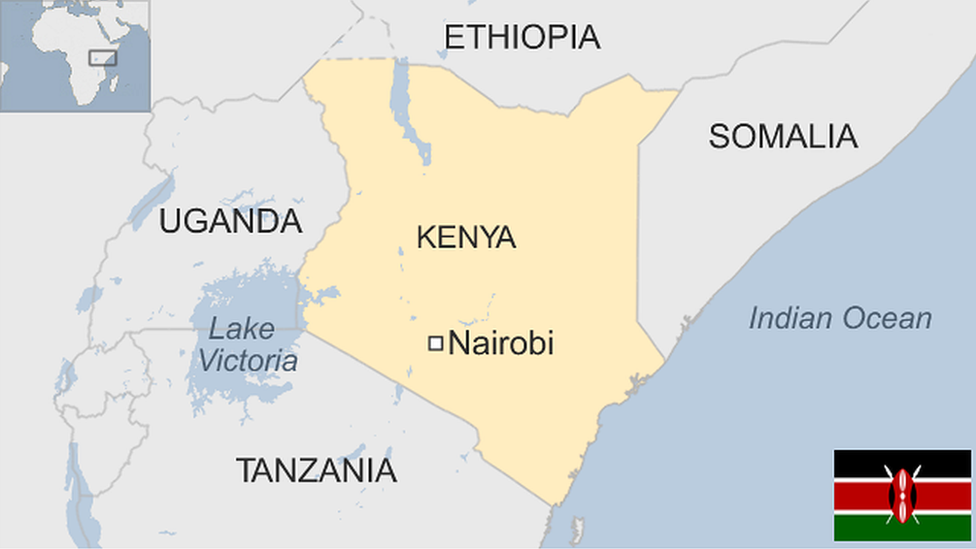Eight things about the Kenyan elections
- Published
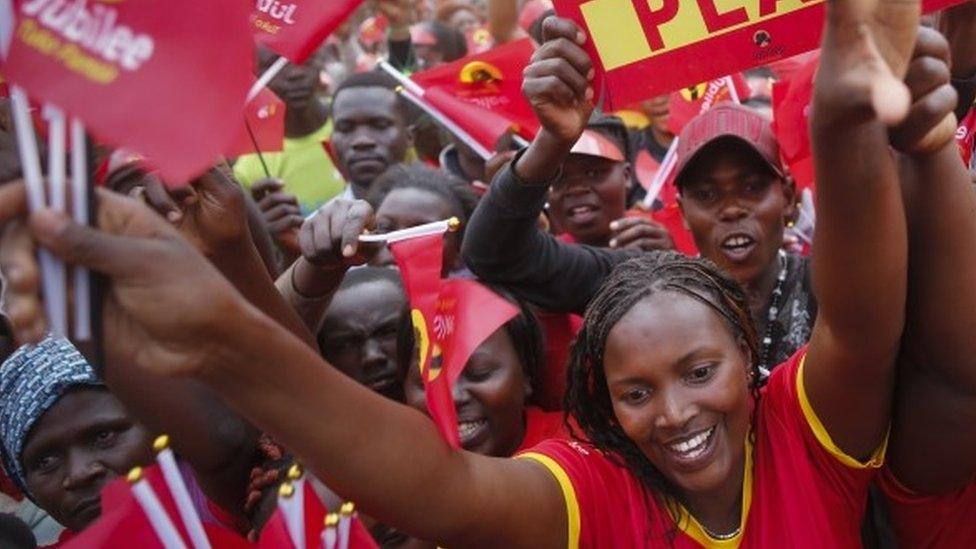
Uhuru Kenyatta's Jubilee Party was formed after a merger of two main parties and other small parties
Two rival families will compete for power in Kenya's presidential election, in a relationship that goes back to before independence. The BBC's Dickens Olewe looks at some of the more unusual aspects of the election campaign.
1) The sex strike:
Nothing comes close to explaining how close the race for the presidency is than the public plea by opposition leader Raila Odinga to his supporters to hold off having sex until after the election.
"8 August will be a historic day and no vote will be left without being cast. Men will sleep outside. When the day comes, no man should sleep with a woman," he was quoted as saying by the Star newspaper. , external
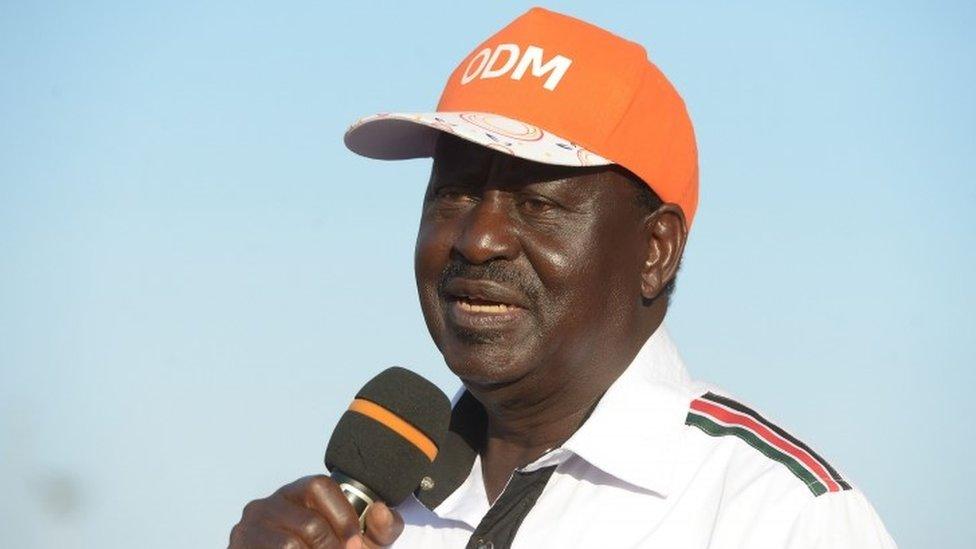
Turnout will be key in this election and it looks like Mr Odinga does not want to take any chances in the battle to defeat President Uhuru Kenyatta.
2) The booze ban
Mr Odinga's sex strike is not the only indulgence that leaders are hoping to restrict.
A government body in charge of fighting drug abuse has also called on a ban on alcohol during the week leading up to the poll saying that Kenyans need to be sober on election day.
3) Loving oranges
One thing you will spot at opposition rallies is people covered in oranges.
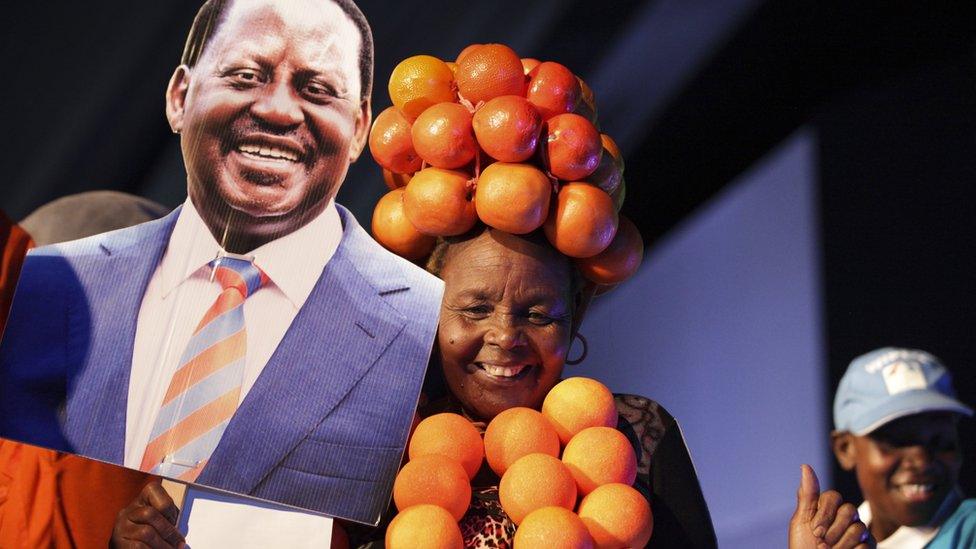
Space suits would have been more appropriate because the opposition is called the National Super Alliance, which is delightfully shortened to Nasa and invites comparisons with astronauts who will take Kenya into a new age.
But Nasa is an amalgamation of five opposition parties, including the Orange Democratic Movement (ODM), which is the biggest.
The orange brand is so strong that when a breakaway party, ODM Kenya, was formed in 2007, its founder, Kalonzo Musyoka, used an orange cut in half as the party's symbol.
But it didn't bode well.
ODM Kenya performed dismally in the 2007 election. Party officials blamed this on the half orange. They said voters couldn't tell the different between a half and a full orange on the ballot box. They promptly replaced the half orange symbol with an umbrella.
The origin of the orange goes back to the 2005 constitutional referendum, external when the electoral commission chose a banana and an orange to represent the Yes and No sides.
Mr Odinga was part of the successful No campaign and the orange symbol stuck.
4) Inspired by the past:
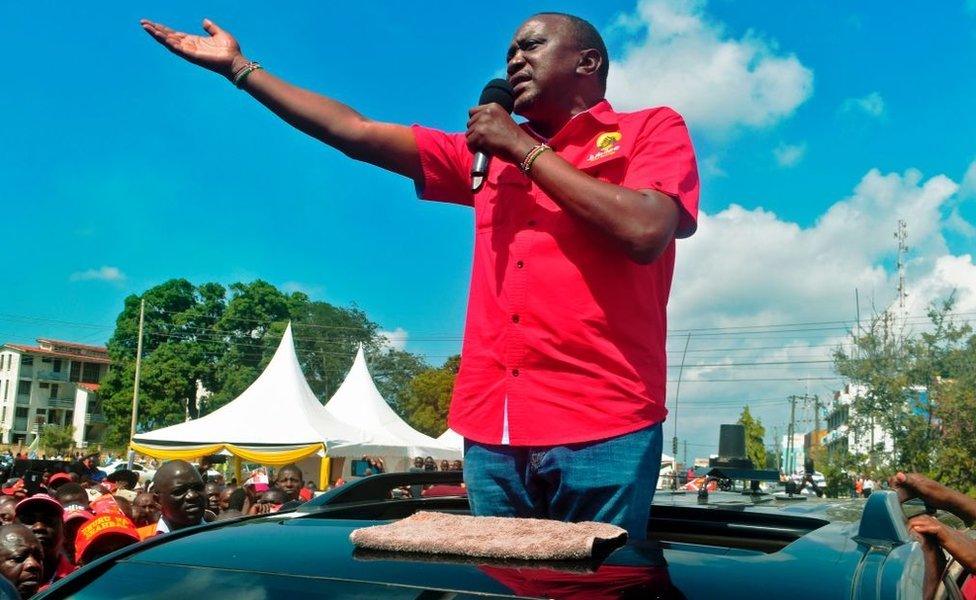
President Kenyatta is contesting the poll under the banner of the Jubilee Party. It is primarily a merger between The National Alliance Party (TNA), which he led, and the United Republican Party (URP) of his deputy, William Ruto.
The party is colloquially known as Jubilee, the name was inspired by Kenya's celebration of 50 years of independence in 2013.
Its rallying song is "Tano Tena", which is Swahili for "five more years". Nasa is using gospel song "Mambo Yabadilika", meaning "things are changing", reinforcing their change message.
5) Dynastic rivalry
The Kenyatta and Odinga families have been competing for power since shortly after Kenya gained independence from Britain in 1963.
But this election is probably going to be the last time that Kenya's longest political familial rivalry will be on display.
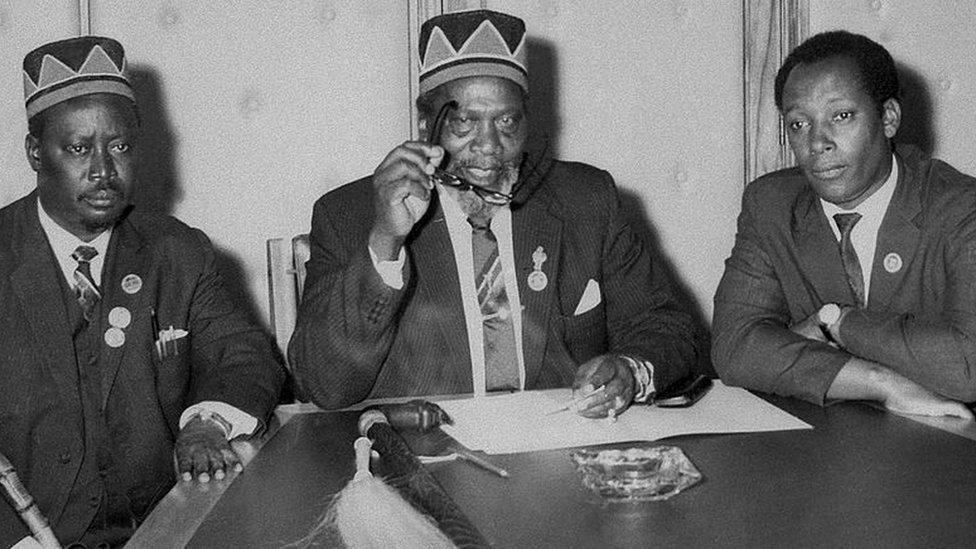
Jaramogi Oginga Odinga (left) and Jomo Kenyatta (right) were allies in the independence struggle
The families started as friends. Raila Odinga's father, Jaramogi Oginga Odinga, was offered a chance to assume power by the British. But he refused, saying that Kenya could not be independent with its leader Jomo Kenyatta in prison.
After independence, Mr Oginga Odinga became Jomo Kenyatta's vice-president.
But the two fell out in 1966 and this gave birth to the political rivalry which has roped in their Kikuyu (Kenyatta) and Luo (Odinga) ethnic groups.
6) Sweep them all
#Fagiawote is, a Swahili hashtag meaning "sweep them all", has been used on Twitter as a rallying call to vote out the current political class.
Politicians, especially MPs, are loathed by many Kenyans who feel they live pampered lifestyles and are out of touch.
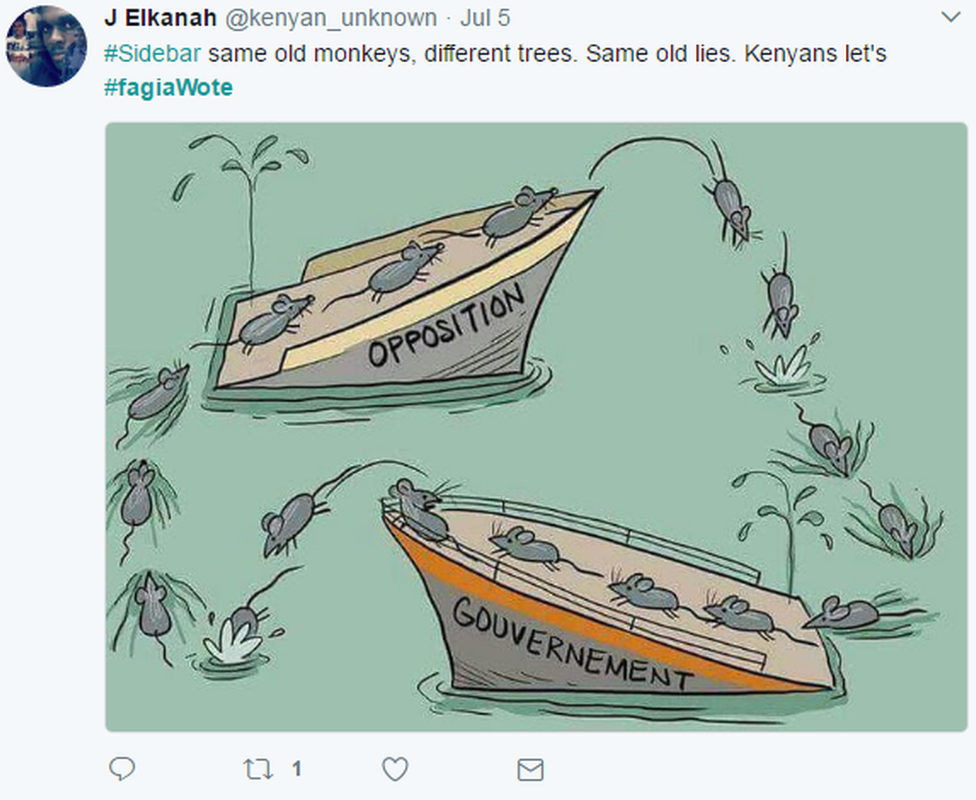
They say some are not in tune with the real issues that affect them and others show contempt towards ordinary people. The only way to get back at politicians is during the election.
The clear-out seems to have began in the party primaries held in April where several incumbent politicians lost their seats.
One governor was especially targeted by women voters because he had been using sexist language.
7) The Wavinya challenge
When a candidate for governor of Machakos county in south-west Kenya made a slip of the tongue it became a national joke.
Wavinya Ndeti intended to say a proverb which roughly translates as "water under the bridge", in other words, "let's forget about the past".
But she got her words scrambled and instead of saying "yaliyopita si ndwele" said "yaliyo ndwele sipite" which is just meaningless.
This really tickled Kenyans. People started competing to change other sayings to make them meaningless. And so The Wavinya Challenge was born.
But it didn't end there.
Comedian MC Njagi made a song named after, external the slip-up, making her an object of ridicule.
The Jubilee Party took notice and asked MC Njagi to compose a song praising, external the ruling party.
But MC Njagi isn't giving away who he will vote for - as he went on to then make a song in support of Ms Ndeti, external, who he was originally mocking.
8) The final result will be final
In June, the high court ruled, after a successful argument by the opposition, that presidential results announced in the 290 constituencies will be final and should not be subjected to any alterations.
This ruling upends the tradition of results being collated at a national tallying centre before they are announced as final.
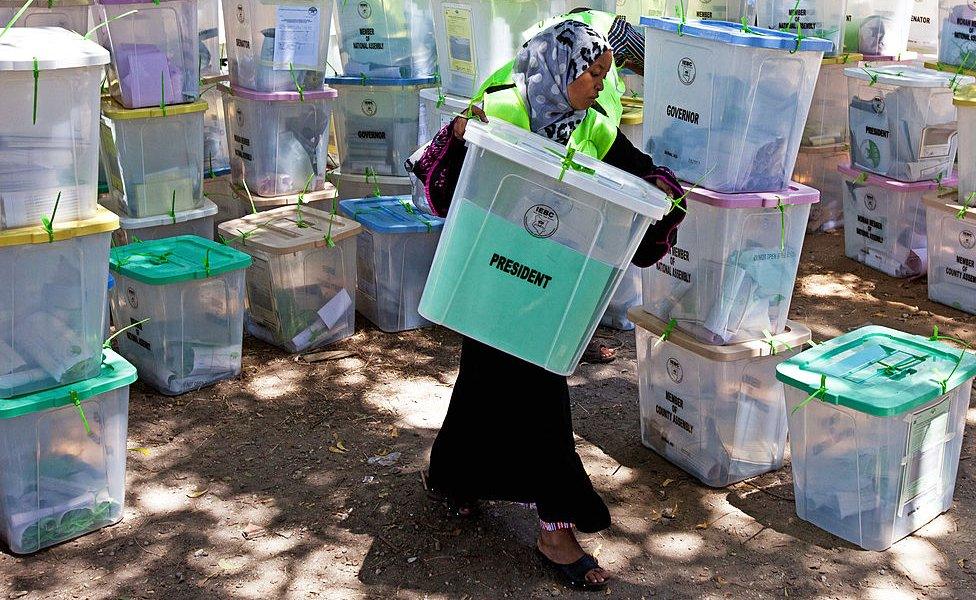
Critics have argued that the national tallying system has been used to rig the election.
This change could mean that the winner of the presidential race could be known much faster than before.
But it does not mean that it's protected against manipulation.
The electoral commission however remains the only body that can make the official announcement about the final election result.

More on Kenya's elections:
Kenya Election 2017: What you need to know

- Published26 June 2017
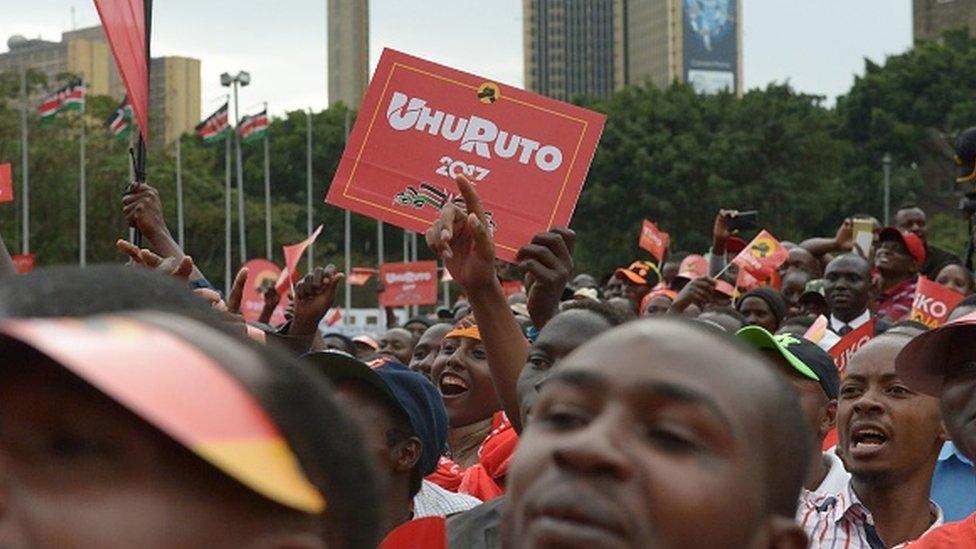
- Published22 August 2022
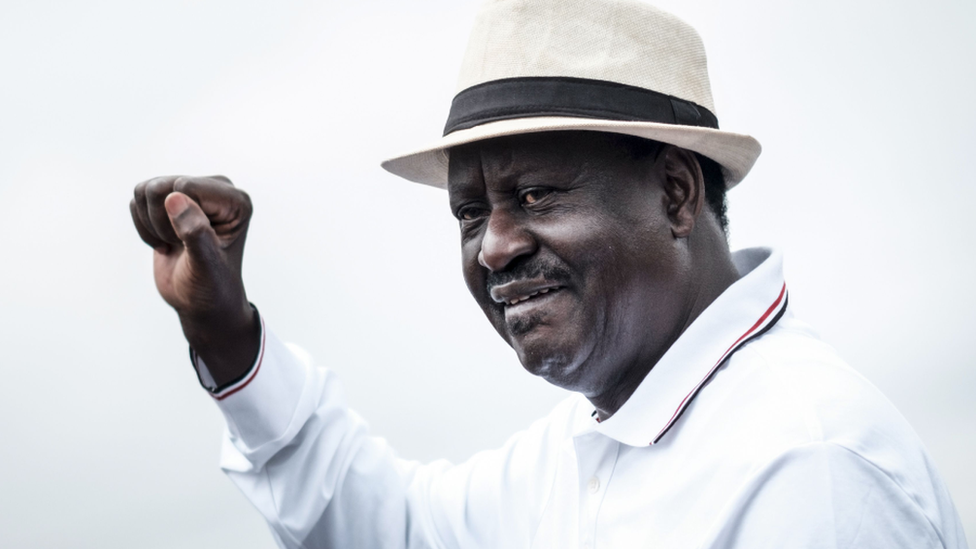
- Published27 November 2017
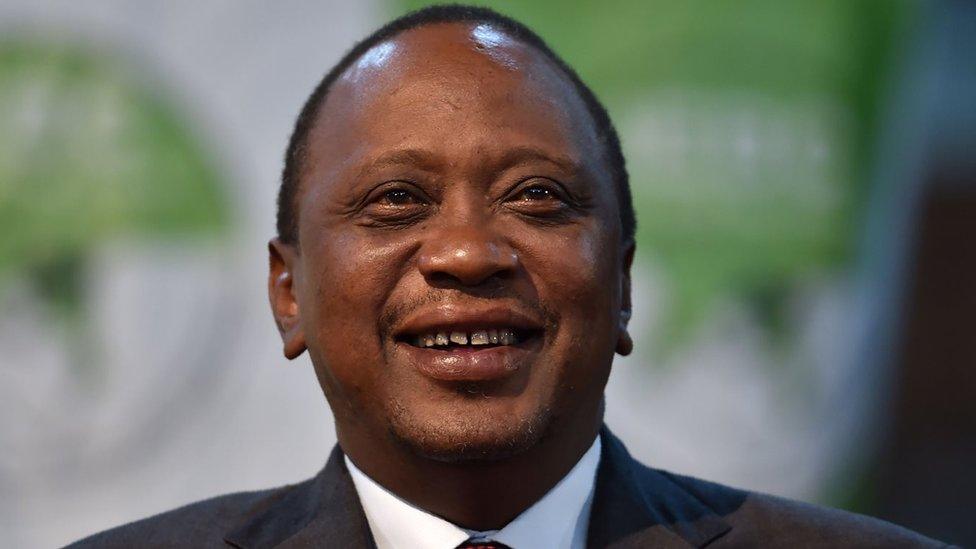
- Published4 July 2023
